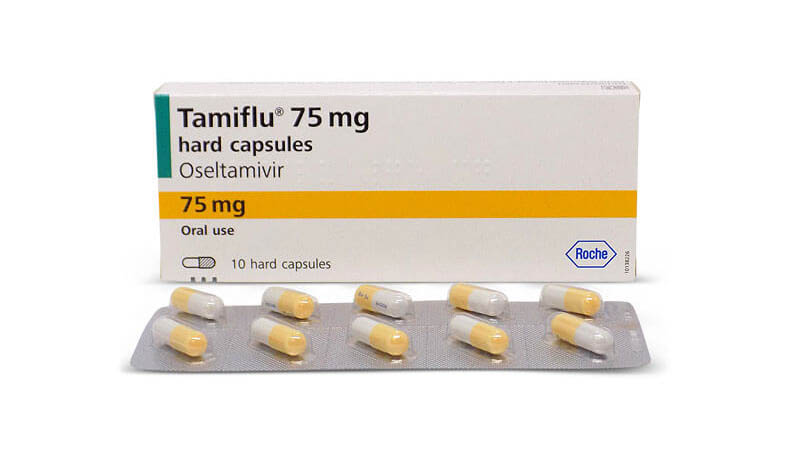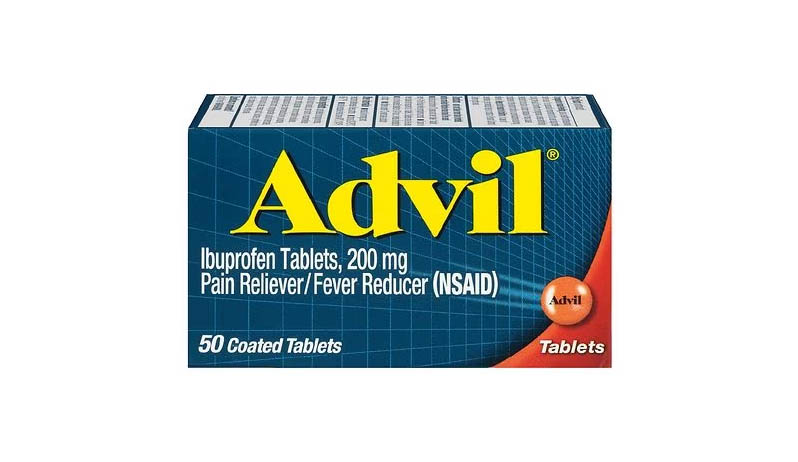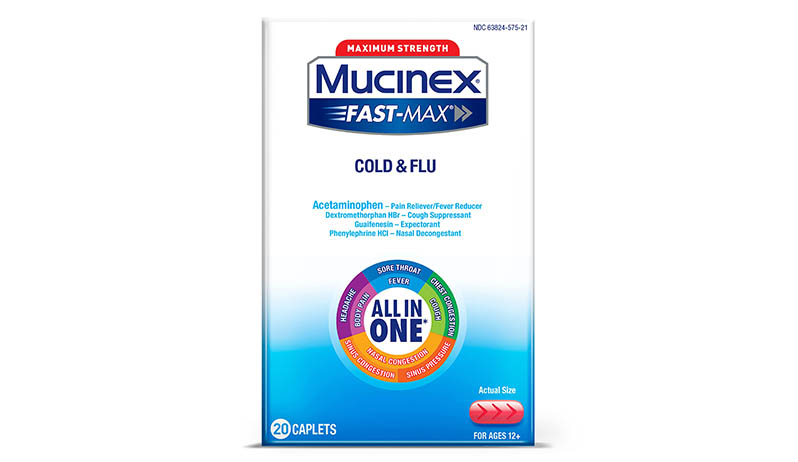The flu, also known as influenza, is a contagious respiratory illness caused by the influenza virus. Symptoms of the flu can include fever, cough, sore throat, body aches, and fatigue. While the flu can be treated with rest and fluids, there are several medicines that can help alleviate symptoms and shorten the duration of the illness. Here are the top 5 medicines for the flu:
Table of Contents
ToggleTamiflu (oseltamivir)

Tamiflu is an antiviral medication that can help reduce the severity and duration of flu symptoms. It works by preventing the influenza virus from reproducing in the body. Tamiflu is most effective when taken within 48 hours of the onset of symptoms.
Relenza (zanamivir)

Relenza is another antiviral medication that can help treat the flu. It works by inhibiting the growth and spread of the influenza virus in the body. Like Tamiflu, Relenza is most effective when taken within 48 hours of the onset of symptoms.
Tylenol (acetaminophen)

Tylenol is a common over-the-counter medication used to relieve fever, headache, and body aches associated with the flu. It works by reducing the production of prostaglandins, which are chemicals in the body that cause pain and fever.
Advil (ibuprofen)

Advil is another over-the-counter medication that can help relieve flu symptoms. It works by reducing inflammation in the body, which can help alleviate pain, fever, and headache.
Mucinex (guaifenesin)

Mucinex is an over-the-counter medication that can help relieve congestion and cough associated with the flu. It works by thinning and loosening mucus in the airways, making it easier to cough up.
It is important to note that while these medications can help alleviate flu symptoms, they should only be taken under the guidance of a healthcare provider. Additionally, the best way to prevent the flu is to get an annual flu vaccine and practice good hygiene, such as washing your hands frequently and avoiding close contact with people who are sick.
Frequently Asked Questions About Flu
What is the flu?
The flu, short for influenza, is a viral respiratory illness that can cause a range of symptoms, from mild to severe. The flu is highly contagious and can spread easily from person to person, especially during the winter months.
What are the symptoms of the flu?
Symptoms of the flu can include fever, cough, sore throat, body aches, headache, chills, and fatigue. Some people may also experience nausea, vomiting, and diarrhea.
How is the flu spread?
The flu virus is spread through respiratory droplets that are produced when an infected person coughs, sneezes, or talks. These droplets can land in the mouth or nose of someone nearby and infect them. The virus can also spread by touching a surface contaminated with the virus and then touching the mouth or nose.
How long does it take for flu symptoms to appear after exposure?
Flu symptoms can appear anywhere from 1 to 4 days after exposure to the virus. However, it can take up to 14 days for symptoms to appear.
How is the flu diagnosed?
The flu is diagnosed based on symptoms and a physical exam. In some cases, a doctor may perform a rapid influenza test to confirm the diagnosis. This test involves swabbing the nose or throat and testing the sample for the presence of the flu virus.
How is the flu treated?
The flu is typically treated with rest and fluids to help the body fight off the virus. Over-the-counter medications such as acetaminophen and ibuprofen can help relieve fever, headache, and body aches. Antiviral medications such as Tamiflu may also be prescribed by a doctor to help reduce the severity and duration of flu symptoms.
Who is at risk for complications from the flu?
Certain groups of people are at higher risk for developing complications from the flu, including young children, older adults, pregnant women, and people with weakened immune systems or chronic medical conditions.
How can the flu be prevented?
The best way to prevent the flu is to get an annual flu vaccine. Other preventative measures include washing your hands frequently, avoiding close contact with people who are sick, and covering your mouth and nose when you cough or sneeze.
Can the flu be treated with antibiotics?
No, antibiotics are not effective against the flu because it is caused by a virus, not bacteria.
How long does the flu typically last?
The duration of the flu can vary, but most people recover within 1 to 2 weeks. However, some people may experience lingering symptoms for several weeks after the initial illness.
When should I seek medical attention for the flu?
You should seek medical attention if you experience severe symptoms, such as difficulty breathing, chest pain, confusion, or sudden dizziness. You should also seek medical attention if you are at high risk for complications from the flu, or if your symptoms do not improve after a few days.
Is it safe to get a flu shot during the COVID-19 pandemic?
Yes, it is safe to get a flu shot during the COVID-19 pandemic. In fact, getting a flu shot is more important than ever this year to help reduce the burden on healthcare systems and prevent co-infection with the flu and COVID-19.
Can I still get the flu if I’ve had a flu shot?
Yes, it is still possible to get the flu even if you’ve had a flu shot. However, the flu shot can help reduce the severity and duration of flu symptoms if you do get sick.


